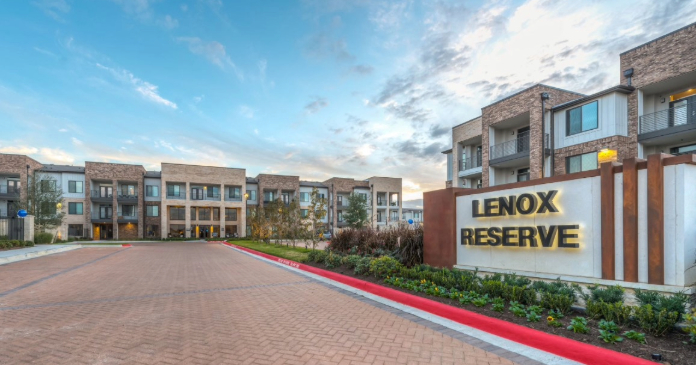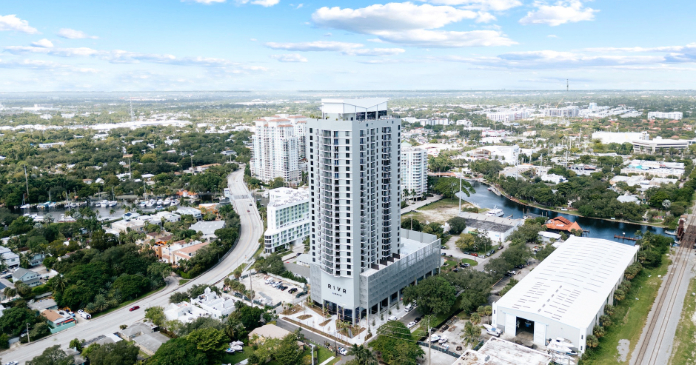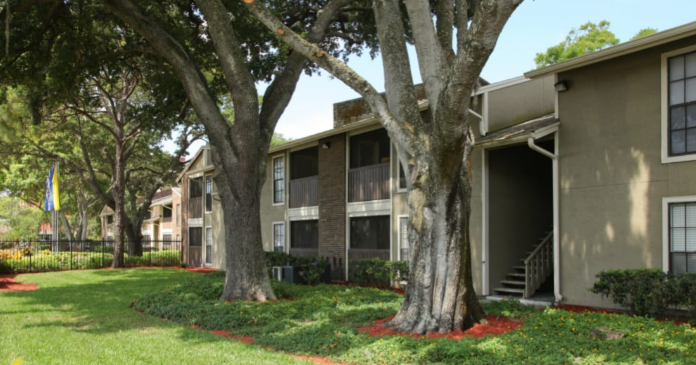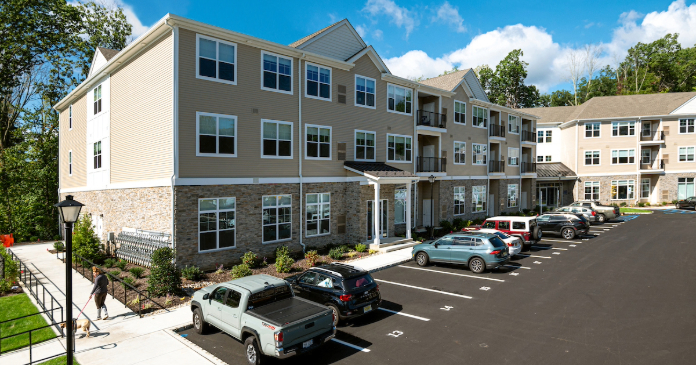With trillions of dollars in economic aid circulating in the economy, widespread vaccine availability and encouraging jobs numbers, the country has turned the corner on COVID-19.
At the onset of COVID-19, the National Multifamily Housing Council (NMHC) issued principles to halt evictions, create payment plans and work with residents in need. We are issuing new principles that reflect the comprehensive progress made by the country, and why an eviction moratorium is no longer necessary. These principles are intended to assist during COVID-19 recovery and can only be fully realized where residents work together with their housing providers to find solutions to their housing needs including communication and fulfillment of individual mitigation requirements.
In anticipation of the national eviction moratorium ending on June 30, NMHC, on behalf the 40 million Americans who call an apartment home and the 17.5 million jobs the industry supports, recommends apartment firms adopt the following principles to help renters as the country transitions back to normalcy:
- Encourage residents to seek rental assistance and apply on behalf of residents or assist with the application process where able.
- Offer solutions to help residents avoid eviction including payment plans, deferments and extended or flexible lease periods for residents who fell behind in rent payments due to the pandemic.
- Provide notice of at least 30 days to residents before filing an eviction for non-payment of rental obligations.
- Work with jurisdictions to break down artificial barriers to rental assistance benefits that stand in the way of residents receiving the help they need, like onerous documentation requirements.
- Identify governmental and community resources to broadly help residents secure food, financial assistance and healthcare and share that information with residents.
- Communicate with residents that it is a priority for the industry to partner with them to help them retain their housing.
Vaccines are widely available, with more than half of all adults receiving at least one dose. As a result, COVID-19 cases are down to levels not seen since March 2020. In addition, Congress allocated $4 trillion of pandemic relief, with those funds already circulating through a variety of mechanisms to help the economy.
For example, a recent analysis of the government stimulus checks found that they decreased food insufficiency by more than 40 percent, decreased financial instability by 45 percent and reduced mental health symptoms by 20 percent. The Personal Savings Rate has jumped significantly.
The pandemic relief includes more than $46 billion specifically for rental assistance, with programs available in all 50 states. The combined impact from the relief funds has led to rent payments declining only a few percentage points below normal during the height of the crisis.
A national eviction moratorium was put into place over a year ago and was intended as an emergency, short-term approach during the onset of the crisis. A continuation of the moratorium will only further exacerbate renters’ financial hardship as they continue to accrue insurmountable levels of debt.
“Since the beginning of the pandemic, housing providers and residents alike made tremendous sacrifices to meet their obligations during unprecedented economic uncertainty,” said NMHC President Doug Bibby. “As we emerge on the other side of this crisis, we realize that many are still struggling as the relief makes its way to people in need. We continue to encourage apartment firms to work with residents during the wind-down of these emergency pandemic orders as we transition back to normalcy.”
Additional materials and resources on COVID-19 can be found here.













